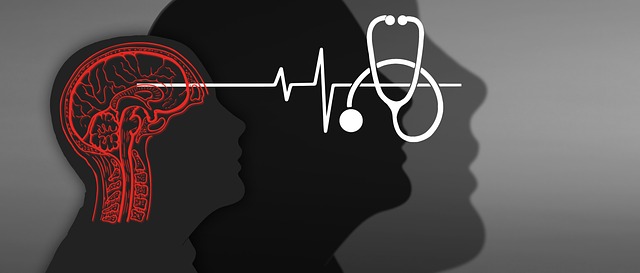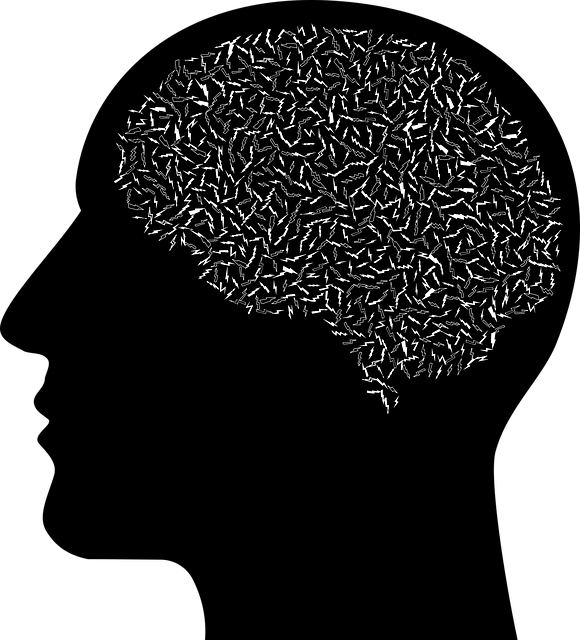Crisis Intervention Teams (CITs) specialize in handling mental health crises uniquely affecting women, providing immediate support through collaborative teams of professionals. Trained to address therapy for women's issues like mood management, CITs use effective communication and safe space creation to prevent crisis escalation. Specialized training for these teams includes conflict resolution skills, mental wellness journaling exercises, and advanced workshops on risk management and gender-specific trauma, empowering therapists to offer Therapy for Womens Issues with enhanced empathy and cultural sensitivity.
In today’s fast-paced world, crisis intervention teams (CITs) play a pivotal role in addressing mental health crises among women. These specialized teams provide immediate support, de-escalation techniques, and resources tailored to unique womens issues. This article explores the significance of comprehensive CIT training programs, delving into their key components and profound impact on enhancing therapy for womens’ mental health crises. Understanding these interventions is crucial in fostering effective support systems.
- Understanding Crisis Intervention Teams and Their Role in Women's Mental Health
- Key Components of Effective Crisis Intervention Team Training Programs
- The Impact of Specialized Training on Supporting Women Through Crises
Understanding Crisis Intervention Teams and Their Role in Women's Mental Health

Crisis Intervention Teams (CITs) play a pivotal role in addressing mental health crises, particularly among women who often face unique challenges and barriers to seeking help. These specialized teams are designed to provide immediate support and assessment when individuals are experiencing severe emotional distress or thoughts of self-harm. CITs offer a collaborative approach, comprising various professionals such as psychiatrists, psychologists, social workers, and paramedics, all trained in recognizing and managing complex psychiatric situations.
In the context of women’s mental health, CITs are instrumental in addressing issues related to therapy for women’s specific problems, including mood management and emotional healing processes. The team members employ effective communication strategies to build rapport and ensure a safe space for vulnerable individuals. By swiftly intervening during crises, these teams can prevent escalations and promote positive outcomes, ultimately fostering better mental health and well-being for women in need.
Key Components of Effective Crisis Intervention Team Training Programs

Effective crisis intervention team training programs are multifaceted, designed to equip participants with a comprehensive set of skills essential for handling crises, particularly those related to women’s issues and mental health awareness. A key component is mental wellness journaling exercise guidance, which not only enhances self-awareness but also provides a safe space for individuals to express their thoughts and emotions during stressful situations. This practice can significantly improve crisis resolution techniques, allowing team members to respond more empathetically and effectively.
Additionally, these programs must incorporate robust conflict resolution techniques. Training in de-escalation strategies, active listening, and communication skills is vital for diffusing high-tension scenarios. By fostering open dialogue and understanding, crisis intervention teams can better address the unique challenges faced by women, promoting healing and recovery through therapy for womens issues.
The Impact of Specialized Training on Supporting Women Through Crises

Specialized training plays a pivotal role in empowering mental health professionals to effectively support women navigating crises. These programs go beyond general crisis intervention by delving into the unique challenges and needs specific to women’s mental health issues. Through tailored workshops and simulations, professionals gain advanced skills in areas such as risk management planning for mental health professionals, allowing them to assess and mitigate dangers more accurately. By understanding the complex interplay of societal pressures, gender-specific trauma, and mental health disorders, therapists can offer therapy for womens issues with enhanced empathy and cultural sensitivity.
Moreover, crisis intervention team training often incorporates confidence-boosting techniques rooted in mind over matter principles. This equips professionals to maintain composure during high-stress situations, enabling them to provide consistent support. By combining specialized knowledge with practical tools, these training programs enable mental health workers to make a tangible difference in women’s lives, fostering resilience and promoting long-term recovery.
Crisis intervention team (CIT) training programs are pivotal in enhancing the support systems for women facing mental health crises. By equipping professionals with specialized skills, these programs facilitate effective interventions and improve outcomes for women experiencing issues such as depression, anxiety, or trauma. The key components of successful CIT training, including comprehensive curriculum and practical role-playing, ensure that teams are prepared to navigate complex situations sensitively and efficiently. Ultimately, this specialized training acts as a game-changer, revolutionizing therapy for women’s issues by fostering more effective crisis support and ultimately improving overall mental health outcomes.










